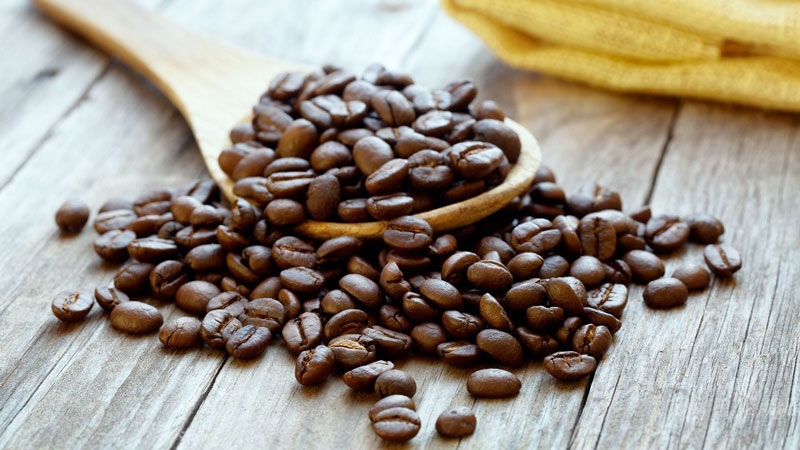Caffeine

Many drinks, including coffee, soda, tea, and energy drinks, contain caffeine, a bitter chemical. It is a stimulant, thus when taken, it reduces fatigue and quickens awareness. It does this by blocking the adenosine receptors, a neurotransmitter that controls sleep-wake cycles and makes people sleepy.
Caffeine may be safely used by most adults for up to 400 mg per day without any negative effects. This is roughly equivalent to four cups of coffee's amount of caffeine. However, even a small amount of caffeine can cause symptoms in certain people who are more sensitive to it. Genetics as well as a decreased ability to metabolize and excrete caffeine have both been connected to caffeine sensitivity. Contrary to a caffeine allergy, which includes the immune system, caffeine sensitivity does not. Even a small amount of caffeine can cause the following symptoms in people who are hypersensitive to it: rapid heartbeat, anxiety, jitters, insomnia, nervousness, restlessness,...










